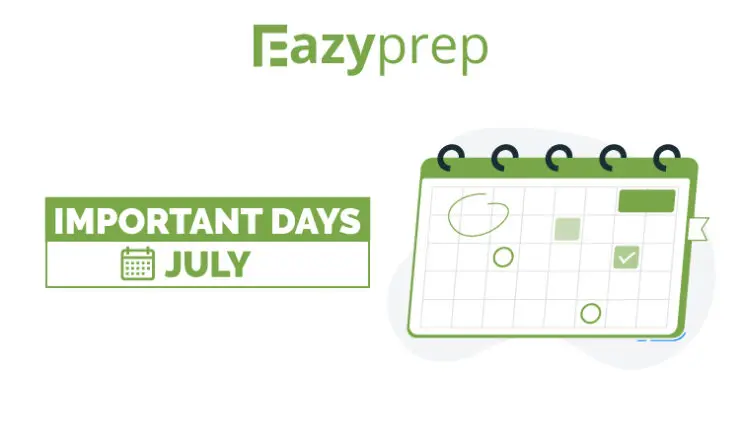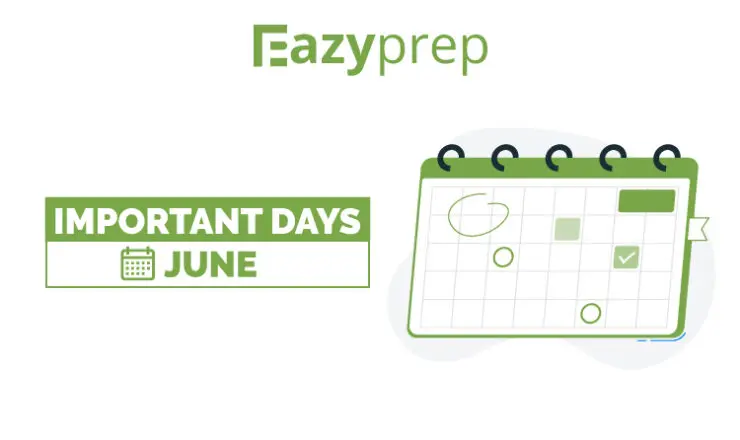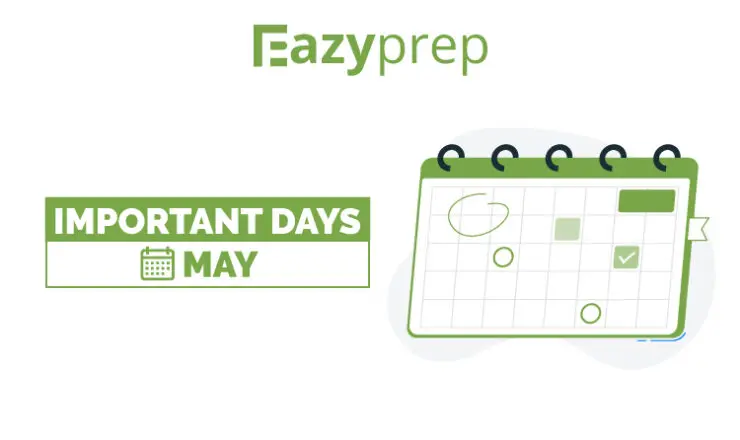![]()
Admit it or not, Mathematics is a very versatile subject, for it can turn into a nightmare for some students, and an absolutely fun subject for some (so jealous of you!). A nightmare or a fun, it is an important subject and one you will find in almost every competitive exam. While you may or may not be good at it, there are always some tips and hacks that one can follow to do better in maths and get a good score in this section. Read the following tips for a new and better way of approaching the quantitative section in all competitive exams with ease:
Some basics tips to champion quants
1. Clear basics and avoid rote learning
Exams are never entirely predictable, and hence you cannot expect the same type of questions every year. To tackle different questions of various difficulty levels, and even the ones which are not directly solvable, it is important to make your basics clear. Mathematical concepts should always be understood deeply, and not simply rote learned. The following are some easy ways to clear your basics, which will equip you for attempting a variety of questions:
- Go back to NCERT books: Since most of the entrance syllabus deals with the topics you have already covered in school, it is advisable to go back to your Mathematics textbooks from 8th grade onwards. School books are one of the best sources to understand the basics of the concepts as they try to explain everything in a simple manner.
- Connect to real life: You can try to understand mathematical concepts by relating to real life and making it more relatable for you to understand. For eg. questions on Partnership, can easily be understood if you relate it to your friends. By pretending that your friends and you have started a business, where you have invested different amounts of money, with the same or varied interest rates. Doing so, you can use formulas and find out which of your friends get how much amount at the end of the partnership. Therefore, the more you try to relate maths with real life, the more likely you are to understand it.
- Watch explanatory videos: If you feel stuck at a concept and do not understand it fully, you can always make use of numerous helpful Youtube videos, which teach concepts with great precision and care so that everyone is able to learn and understand the concepts.
2. Prepare a chart of important formulae
Mathematics is all about theorems and formulae which help us solve different types of questions with ease. However, given how vast the subject and topics are, it is bound to get very tiresome to remember all the formulas accurately. One cannot afford to forget formulae as maths is impossible without them. Also they need to be remembered exactly as they are for accuracy, else one mistake in them can lead to a wrong solution. Therefore to make your learning a bit easier and fast, adopt the following tips:
- Take an A4 sized sheet of paper and write down all the formulae on it. You can stick it to your desk, or even keep it with you while solving questions so as to make sure you are using the correct formula.
- Make a list of square roots and cube roots till at least 50. These are extremely important to solve questions on Simplification and are generally very useful while preparing for this section.
- It is also very useful to write related formulae while preparing a list of formulae. Whenever you replace a variable with another, or write it in another way, a new formula emerges which can be used in questions where all the variables are not given.
3. Skip questions which are difficult
A very important tip to handle numerical ability section efficiently is to compartmentalise questions based on their level of difficulty. Given below is a step by step approach to handle quantitative ability section:
- Start with easy questions: Go through the section once before you start, and start by attempting the questions which are direct and easy in nature first. They boost morale and give you confidence to handle other questions. Topics like Number series, Simplification, Approximation, and some questions from Arithmetic can easily be done by students and should be attempted first.
- Gradually toughen it out: Next step should be to attempt the questions which are of medium difficulty like Quadratic Equations, Time and work, Distance and speed, etc.
- Make intelligent attempts: The last step should be to attempt only those hard or difficult questions which you are sure about. If you struggle in a question, do not waste time in attempting it or guessing the answer as some examinations have negative marking schemes for all the wrong attempts. Therefore, simply skip the hard questions.
4. Simplify your questions
Another one of the best tips to approach some mathematics questions is to simplify them. Students have been taught since childhood that maths should be done step by step, where every little change means you need to write it out in an elaborate fashion to reach the conclusion. However, exams do not give one ample time to undertake such time consuming steps. Therefore, to save time and yet get accurate results, try the following tips:
- Cancel out all the zeros to make the questions more easy and doable. Having a lot of zeros just increases calculation, which can easily be avoided by cancelling out zeros with each other. For e.g, if you get the following question for simplification
40% of 4500 + 20% of 6000 = x + 3000
Simply take out the zeros and you will realise that it is way easier to solve questions when you do it!
- Closely related to the above point , this tip is to further make your work earlier by cancelling out the numbers which are easily divisible by each other. To be able to do this with accuracy and speed, you also need to make sure you are well versed with multiplication tables till at least 30 so as to quickly divide numbers without having to carry out big calculations and waste precious time.
For e.g. a question like
3/4 of 148 – 2/3 of 111 = ?
This question can simplify be solved by cancelling out the numbers, which would leave us with this:
3×37 – 2×37
Taking 37 common we have 37(1)
Which is simply 37!
- The same rule also applies for decimals, which can be cancelled out by each other.
5. Invest time and practice
Lastly, the most important tip to get a good grasp of mathematics and hence give a great entrance is to practice and practice a lot. Whenever you practice maths, make sure you try to solve questions in 30 to 50 seconds. To ensure that you have speed and accuracy, time yourself. Take multiple mock tests and try to beat your time for every test. Doing so makes your brain keep up with speed and also ensure that you attempt the questions with accuracy. It is smart to attempt easier questions within 30 seconds so that you have more time to deal with the difficult and moderate level questions. Hence, timing yourself is very important for speed, which is directly related to how much you practice.
There you go! By adopting these simple yet powerful tricks you can find a considerable change in the way you solve maths questions. Your aim should be to practice as many questions as possible since maths is difficult to understand without practising it multiple times. Do not be scared by mathematics, for you will never be able to understand even the easiest of concepts because of this fear. Instead learn to have fun while doing maths, and be engaged in studying and relate it to real life to understand the concepts better. We hope you follow these useful tips and pave your way towards amazing marks in the maths section!


